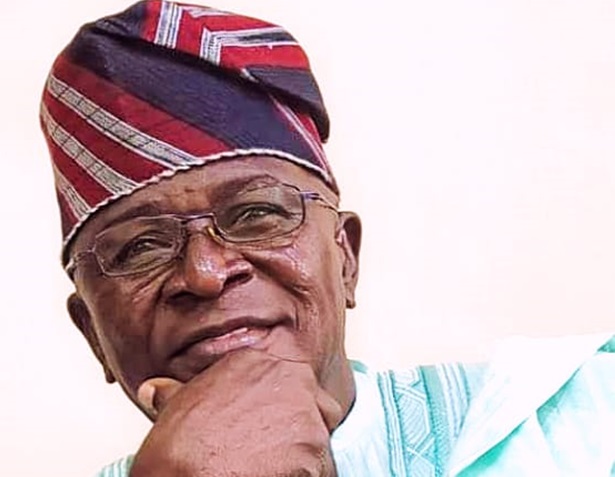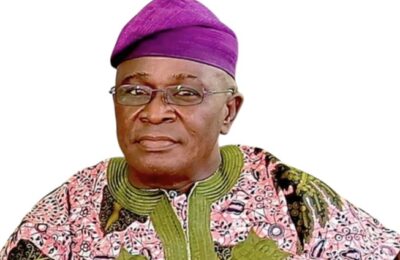By Musa Bakare.
When President Bola Ahmed Tinubu took the oath of office on May 29, 2023, he inherited a nation grappling with the fallout of prolonged economic mismanagement, inconsistent policies, rampant insecurity, and the palpable erosion of vital institutions. The expectations placed upon him were monumental.
To accurately assess his administration’s progress after just two years, we must acknowledge a fundamental truth, profound government initiatives, policies, and reforms require time to develop, mature, and yield results.
President Tinubu’s vision did not encompass temporary fixes or superficial solutions; rather, he embarked on a mission to fundamentally rebuild Nigeria’s systemic framework. His early actions, removing the costly and opaque fuel subsidy, unifying multiple exchange rates, and initiating measures to curtail government spending were not merely bold; they were essential for the nation’s broader recovery.
It is imperative to understand that genuine government reforms do not bear fruit overnight. Expecting immediate results overlooks the complexities of governance, the challenges of implementation, and the socio economic contexts that underpin policy effectiveness.
The reforms championed by President Tinubu’s administration are not intended to provide instant relief but rather to establish a robust foundation for long term national stability and economic rejuvenation. Achieving these ambitious goals demands time, consistency, and a concerted effort from all stakeholders.
Real progress takes time. From highway construction to energy initiatives, enhancements in healthcare to educational system improvements, every substantial project necessitates a careful timeline involving planning, budgeting, procurement, and execution. This process can extend over many months, sometimes years, particularly in a nation facing intensified poverty, insecurity, and institutional lethargy.
In his first two years however, President Tinubu administration has begun and advanced a series of transformative projects, including the Lagos Calabar Coastal Highway, the approval of eight new medical universities, a renewed focus on mass housing, and significant steps toward bolstering electricity generation and distribution.
These endeavors are not mere rhetoric or media pretense; they represent tangible strategic investments poised to yield long term benefits.
While the removal of the fuel subsidy and the unification of exchange rates were essential, they understandably brought about economic strain for many citizens. Acknowledging this reality, President Tinubu’s administration has taken empathetic and pragmatic measures. Initiatives such as conditional cash transfers, student loan schemes, and expanded support for small businesses and farmers have been implemented to mitigate the adverse impacts and empower Nigerians during this transitional phase.
Rather than retreating to unsustainable policies for immediate political gain, President Tinubu has steadfastly committed to creating an economy that serves the entire population, not just a select few.
A critical area of progress often overlooked is national security. President Tinubu administration has restructured military operations, invested in critical security infrastructure, and strengthened inter agency collaboration. As a result, there has been a notable decrease in mass abductions and an improved responsiveness to security threats, especially in volatile regions. While challenges remain, particularly in the North West and North Central zones, there is a clear trajectory towards enhanced safety and stability.
President Tinubu leads in an atmosphere marked by high political tension, orchestrated misinformation, and relentless sabotage from opposition coalitions, critics who seem more engaged in political maneuvering than in contributing to national advancement.
Amidst these challenges, the President has exhibited remarkable restraint, discipline, and focus. He has chosen deliberate and actionable reforms over populist spectacle, prioritizing long term benefits over short lived applause.
Nigerians must confront an uncomfortable truth: rebuilding a fractured system is neither swift nor simple. It requires resilience, patience, and the collective endorsement of the populace. The opposition coalition clamoring for instant miracles should be reminded to reflect on the achievements or failures, of previous administrations during their respective tenures.
President Tinubu’s government has displayed direction, determination, and uncommon boldness in making difficult yet necessary choices. These attributes are rare and merit encouragement and support.
Two years is insufficient time to reap the rewards of deep seated reforms, but it is ample time to plant the seeds, nurture them, and begin to witness the emergence of transformative progress. President Bola Ahmed Tinubu is accomplishing just that.
Now is the moment for Nigerians to rally around President Tinubu, to consolidate the gains made in the last two years, refine strategies, and maintain our trajectory towards progress. The efforts initiated by his administration hold the promise of reshaping Nigeria’s economic and political landscape for generations to come.
While the yearning for rapid change is understandable, Nigerians must calibrate our expectations. True policy success is not instantaneous; it is a long term endeavor demanding vision, perseverance and resilience
As engaged citizens, we all have a role to play through patience, consistency, and civic duty. Real change is not a short sprint; it is a marathon and under President Tinubu’s stewardship, Nigeria is gaining momentum.
– Musa Asiru Bakare, member of APC, member of the Tinubu Support Group (TSG), a political analyst writing from Lokoja, Kogi State.




